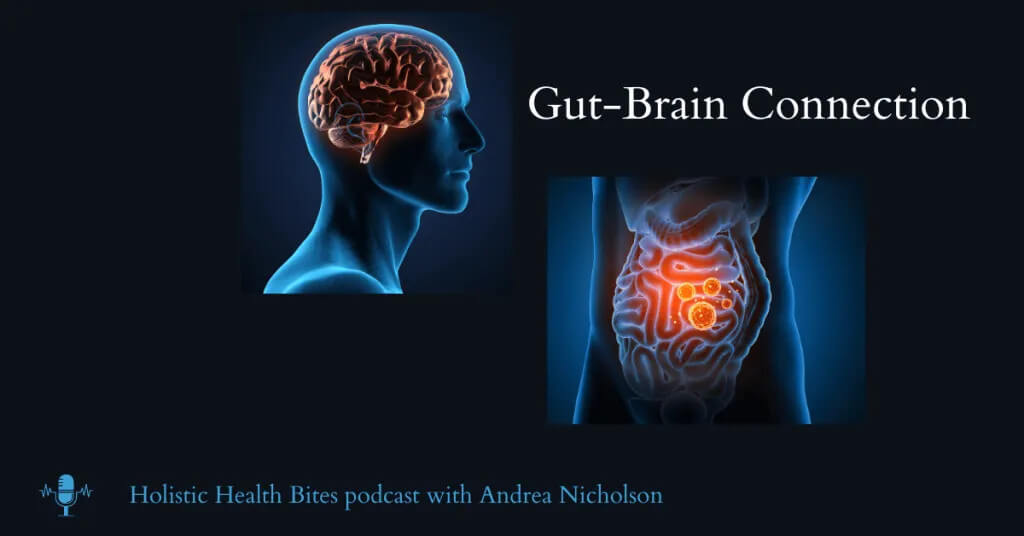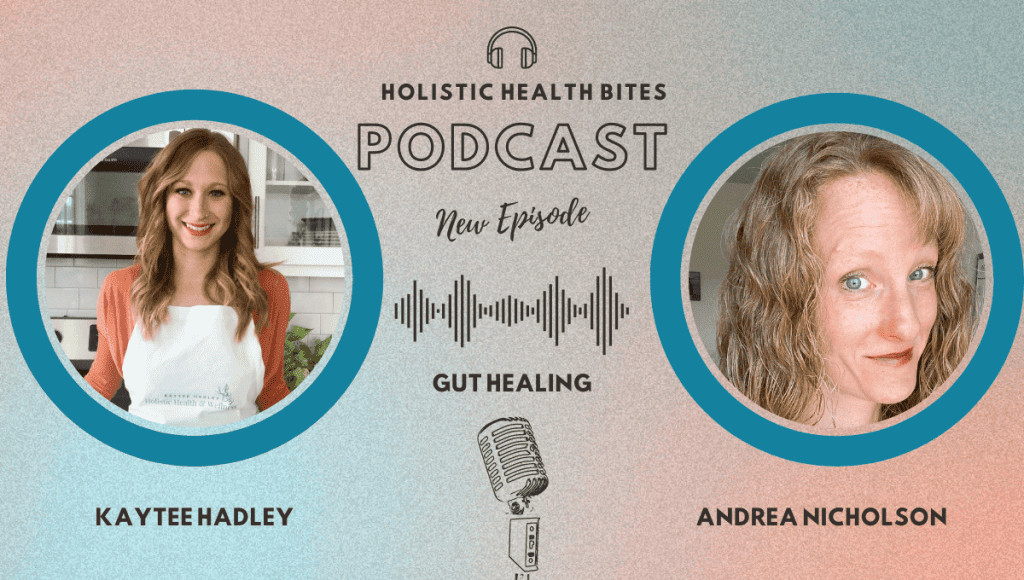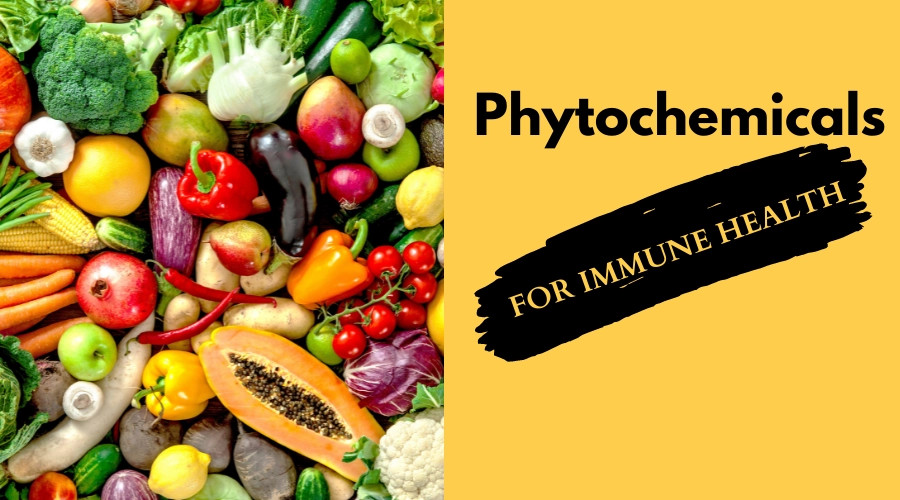
Gut-Brain Connection
As many of us already know, the gut and the brain are closely connected, and what happens in one can affect the other. In fact, it’s not just a metaphor when we say we have a “gut feeling” about something, or we “feel butterflies” in our stomachs when we’re nervous or excited. The gut and brain are developed from the same tissue line in early embryonic development. They are actually two ends of the same system!
Did you know that the gut has its own nervous system, called the enteric nervous system, which contains more than 100 million nerve cells? This system communicates directly with the brain through the vagus nerve, a long nerve that runs from the brainstem to the abdomen. This means that what we eat and how we digest it can directly affect our mental and emotional health. And our mental and emotional health can directly impact not only what we want to eat, but also how well we digest and absorb those nutrients.
Studies have shown that people who suffer from depression, anxiety, brain fog, and inability to concentrate often have digestive symptoms such as bloating, gas, constipation, diarrhea, and irritable bowel. This is because the gut microbiome, which is a collection of trillions of microorganisms that live in our intestines, produces many of the same neurotransmitters as the brain, including serotonin, dopamine, and GABA. These neurotransmitters play a key role in regulating our mood, emotions, and cognitive function.
This is also why many people who suffer from irritable bowel syndrome (IBS) or other digestive disorders also experience cognitive decline, memory loss, and other neurological symptoms. The gut-brain connection is a two-way street, and what affects one can affect the other.
Another important aspect of the gut-brain connection is the role of the hypothalamic-pituitary-adrenal (HPA) axis, which is a complex system that regulates our body’s response to stress. When we experience stress, our HPA axis is activated, and this can affect our gut health and poor gut health can interfere with proper HPA axis function. When we encounter a stressor, our body sends signals from the brain to the adrenal glands to release other hormones and chemical messengers. This causes an increase in cortisol, adrenaline, blood pressure, and blood sugar along with a decrease in other bodily functions like digestion – all in an effort to help you fight or flee from the stressor. One the stress has been dealt with, those levels return to normal. The problem comes in when the stress is chronic.
Chronic stress is ongoing. It doesn’t ever stop. So those chemicals never return to baseline and your digestion continues to be reduced. This can lead to inflammation and damage to the intestinal lining, poor energy utilization, slowed metabolism, increased belly fat and overall body fat storage, cognitive decline and impaired brain function, increased sugar cravings, increased risk for Diabetes and insulin resistance, arterial and heart damage from elevated blood pressure, and more. On the other hand, a healthy gut microbiome can help regulate the HPA axis and reduce the negative effects of stress on our body and mind. This is why managing stress is an important part of supporting the gut-brain connection and overall health. One of my primary functional lab tests looks directly at this HPA axis, providing objective data on any imbalances present.
So, what can we do to improve our gut health and, in turn, our mental and emotional well-being? As a Holistic Health Practitioner, I always recommend starting with a healthy, whole-foods-based diet. This means avoiding processed foods, sugar, and artificial ingredients, and focusing on foods that nourish your body and your gut microbiome, such as quality protein sources, fresh non-starchy vegetables, healthy fats, and fermented foods, if well tolerated.
In addition to a healthy diet, other lifestyle factors like stress management, regular exercise, and good sleep hygiene are also important for supporting the gut-brain connection. In many cases, I also recommend the use of temporary natural supplements that can support gut health, such as probiotics, digestive enzymes, and herbs like ginger and peppermint – these are all tailored to your gut’s unique needs.
If you’re struggling with mental or physical health challenges and suspect that your gut health may be a contributing factor, I encourage you to look deeper into this connection. A qualified Holistic Health Practitioner, like myself, can help you develop a personalized plan for improving your gut-brain connection. Remember, small changes can make a big difference in your overall health and well-being.





















0 Comments